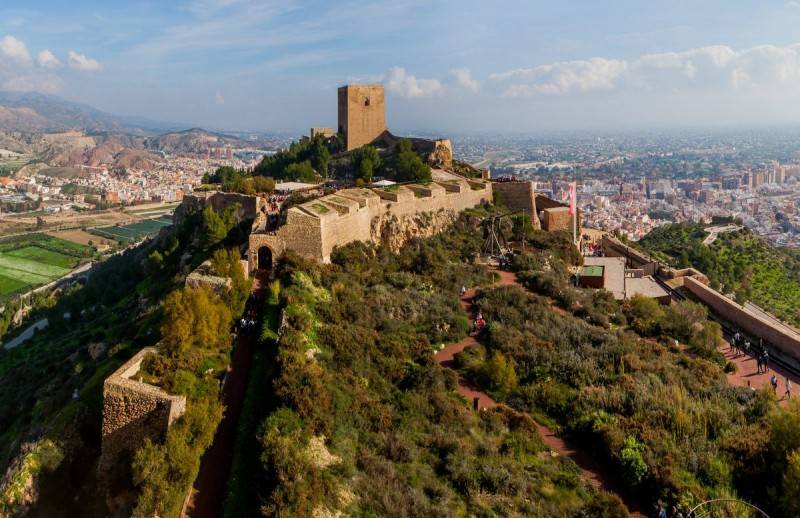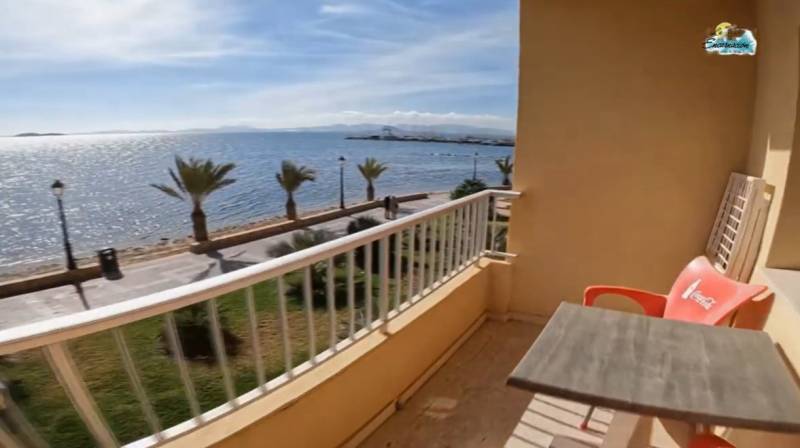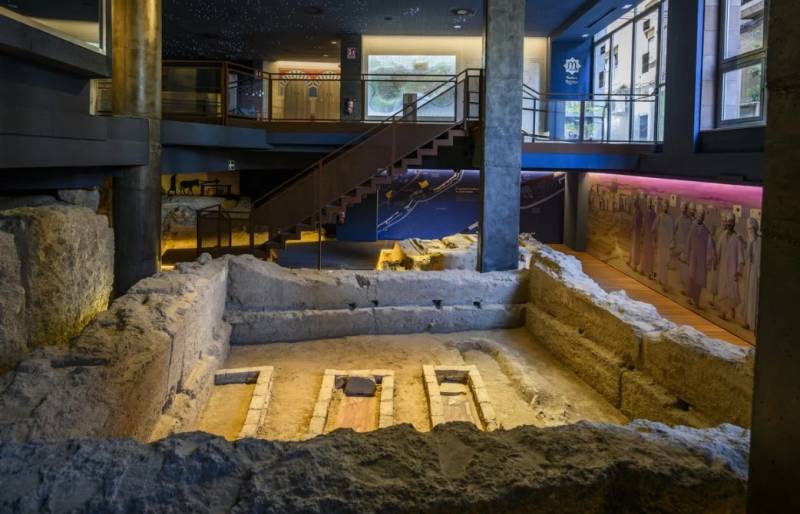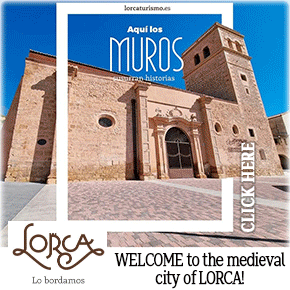- Region
- Vega baja
- Marina Alta
- Marina Baixa
- Alicante
- Baix Vinalopo
- Alto & Mitja Vinalopo
-
ALL TOWNS
- ALICANTE TOWNS
- Albatera
- Alfaz Del Pi
- Alicante City
- Alcoy
- Almoradi
- Benitatxell
- Bigastro
- Benferri
- Benidorm
- Calosa de Segura
- Calpe
- Catral
- Costa Blanca
- Cox
- Daya Vieja
- Denia
- Elche
- Elda
- Granja de Rocamora
- Guardamar del Segura
- Jacarilla
- Los Montesinos
- Orihuela
- Pedreguer
- Pilar de Horadada
- Playa Flamenca
- Quesada
- Rafal
- Redovan
- Rojales
- San Isidro
- Torrevieja
- Comunidad Valenciana
The ruined castle of Chuecos in Aguilas
An 11th century fortification in Águilas which was strategically important in the conflicts of the Middle Ages
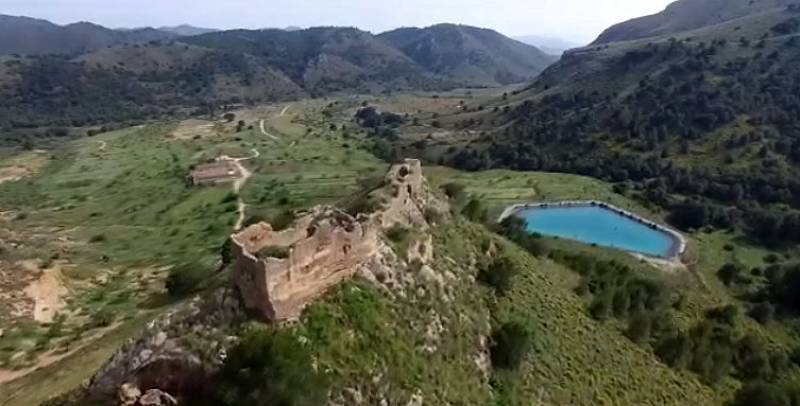 Image: Consejo de Agricultura Ecológica de la Región de Murcia - Caerm
Image: Consejo de Agricultura Ecológica de la Región de Murcia - Caerm
The ruined castle of Chuecos stands at an altitude of 687 metres above sea level on a hill in the Sierra de Almenara and was built to protect and make use of a historic natural spring which lies just below. To the north is the Casa de Chuecos and the small church as well as a large irrigation pool, and close by are the old road between Águilas and Lorca, from which the fortification is visible, and the neighbouring castle of Tébar (although neither castle can be seen from the other due to the mountain of Talayón standing in between them).
Those visiting by road can reach as far as the irrigation pool when the track is not barred by a chain, so walking is preferable. The climb up the hill is rocky, steep and dangerous but slightly easier on the western side: the eastern side is very steep indeed.
The name Chuecos is thought to come from the old Moorish word “sawik”, meaning rocky and covered in thorny bushes.
The castle compound occupied an area of 415 square metres and featured a large rectangular tower, which is still partially standing and which offers fabulous views over the surrounding countryside.
It is believed that it was built in the 11th or 12th century as a “hisn” or fort, protecting various agricultural settlements grouped around the natural spring. Chuecos played an important part in the occupation of the kingdom of Murcia by the Crown of Aragón between 1396 and 1405, watching over the goods arriving at the port of Águilas on their way to Lorca, and was manned by the troops of Jaime II as he resisted the threats of Castille.
In the 14th and 15th centuries the castle was only intermittently used, depending on the defensive needs of the city of Lorca, and it was in sporadic military use until the 18th century, when the construction of the castle of Águilas made it redundant.
The oldest known owners were Domingo and Ramón de Chuecos, who supported Alfonso X in his conquest of Lorca from the Moors in the first half of the 13th century, and they oversaw the distribution of lands which had been confiscated from the Moors.
If visiting Águilas your first port of call should be the local tourist office (click here for map, telephone 968 493285, email turismo@aguilas.es).
For more local events, news and visiting information go to the home page of Águilas Today.












